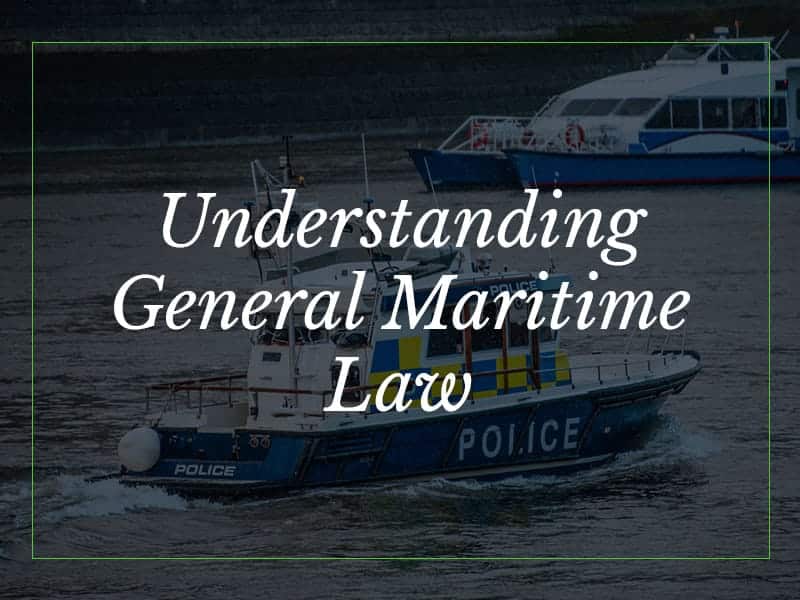One of the most confusing aspects of law revolves around the waterways. Most people assume that the laws of the high seas are just like regular laws, but that is not the case. There is a rich history behind the making of maritime law. Unfortunately, few of these laws are actually in the federal or state government codes of law. These laws have evolved organically over time through court cases.
Today we want to give you a brief review of what maritime law covers, particularly when it comes to getting injured on the ocean, whether as a worker or someone participating in a recreational activity.
What to do when someone is injured on the high seas
Getting injured on the water can leave a victim in a sort of gray area as far as seeking compensation goes. First, let’s look at two federal statutes that do discuss compensating those injured while working on the waterways.
Both the Jones Act passed in 1920 and the Longshore Workers’ Compensation Act are available to protect those who work and live on the water.
- The Jones Act gives those who work on vessels protections for injuries they receive while working or living on the water.
- The Longshore Workers’ Compensation Act provides compensation, medical care, and services to those disabled in the course of their duties while working on a water vessel.
General maritime law
General maritime law is extensive and complex and does not include the Acts listed above or the Death on the High Seas Act. Maritime law is not codified in US statutes, and it entirely judge made – it is common law made throughout centuries of precedence.
Maritime law extends protections beyond these two acts to those who do not qualify for their protections. This can include maritime workers, and it can also include other people injured at sea, such as cruise ship passengers and recreational boaters.
Vessel owners and operators have a duty to care for passengers, whether they are invitees or licensees. There must ensure that the vessel, the crew, and all equipment is seaworthy and in working condition or adequately trained to perform their duties. Vessel owners and operators must also ensure that they provide the security necessary to protect passengers from sustaining physical harm through criminal activity.
Who can seek compensation for injuries under maritime law?
Anyone who works on the water has the right to maintenance and cure. This is defined as compensation given to seamen who are injured or become ill during the course of their duties to the vessel. Additionally, those who are injured due to the unseaworthiness of the vessel have a right to recover compensation for their injuries.
Additionally, maritime law allows for some wrongful death claims that do not fall under the Death on the High Seas Act or the Jones Act. These claims, along with survival actions claims, can be brought by the decedent’s surviving family members.
What kind of damages are available under maritime law?
General maritime damages for injury or wrongful death claims can include:
- Coverage of medical expenses
- Lost wages and benefits if a person cannot work
- Pain and suffering damages
- Possible punitive damages against the negligent party
Additionally, wrongful death claims could result in:
- Loss of support
- Loss of services
- Funeral and burial expenses
- Pre-death pain and suffering
- Loss of future wages of deceased













